
Discover the top 10 natural therapies to enhance your recovery after exercise.
In this article, we will explore a range of organic remedies that are backed by evidence and known for their holistic benefits.
From cold therapy and heat therapy to massage and acupuncture, these practices are designed to promote healing and rejuvenation.
Additionally, we will delve into the power of herbal supplements, Epsom salt baths, rest and sleep, and proper hydration.
Empower yourself with these natural remedies and experience fast and effective recovery.
Cold Therapy
When it comes to post-workout recovery, incorporating cold therapy, such as ice baths or ice packs, can significantly reduce inflammation and muscle soreness. Cold therapy, also known as cryotherapy, has been used for centuries as a natural remedy for various ailments. The application of cold temperatures helps to constrict blood vessels, numbing the area and reducing the release of inflammatory chemicals. This holistic approach to recovery promotes healing and accelerates the repair process after intense exercise.
Studies have shown that cold therapy can also help to prevent delayed onset muscle soreness (DOMS) by reducing the production of lactic acid and decreasing muscle cell damage. Additionally, it can improve circulation and enhance the removal of metabolic waste products, aiding in the flushing out of toxins from the muscles.

Incorporating cold therapy into your post-workout routine can provide immense benefits for your overall recovery and performance. Whether it's a soothing ice bath or the application of ice packs to specific muscle groups, cold therapy is a natural and effective way to reduce inflammation, alleviate muscle soreness, and promote optimal recovery.
Heat Therapy
Heat therapy, also known as thermotherapy, is a natural remedy that has been used for centuries to promote healing and relaxation. It involves the application of heat to specific areas of the body, resulting in increased blood flow, muscle relaxation, and pain relief.
There are various methods of applying heat, including hot water bottles, heating pads, warm towels, and heat wraps, each offering their own unique benefits and considerations.
Benefits of Heat
One of the key advantages associated with the utilization of heat therapy is its ability to promote improved circulation throughout the body. Heat therapy, a popular form of alternative therapy, has been used for centuries to treat various conditions and promote overall well-being.
When heat is applied to the body, it causes blood vessels to dilate, allowing for increased blood flow to the affected area. This increased circulation not only helps to deliver oxygen and nutrients to the tissues, but it also aids in the removal of waste products and toxins.
Furthermore, heat therapy can help to relax muscles, reduce inflammation, and alleviate pain. Whether it's through the use of hot packs, saunas, or warm baths, incorporating heat therapy into your wellness routine can provide numerous benefits for your physical and mental health.
Different Heat Methods
Several effective heat methods, such as hot compresses, infrared saunas, and warm water therapy, can be utilized to achieve optimal results in heat therapy. These methods have been proven to provide numerous benefits in promoting relaxation, reducing muscle tension, and improving blood circulation.

Hot compresses: Applying a hot compress to the affected area can help alleviate pain and inflammation. The heat increases blood flow to the area, promoting healing and relaxation.
Infrared saunas: Infrared saunas use infrared light to generate heat, which penetrates deep into the body. This can help improve circulation, detoxification, and relieve muscle and joint pain.
Warm water therapy: Soaking in warm water, such as in a hot tub or warm bath, can provide therapeutic benefits. The heat helps relax muscles, reduce stress, and improve overall well-being.
Incorporating different heat methods into your routine can enhance the effectiveness of heat therapy and promote a holistic approach to wellness.
It is important to note that heat therapy should be used in conjunction with cold therapy for optimal results. Cold therapy can help reduce inflammation and swelling, complementing the benefits of heat therapy.
Duration and Safety
Ensuring the appropriate duration and safety protocols are followed when implementing heat therapy is crucial for maximizing its therapeutic benefits and minimizing any potential risks.
Heat therapy, which includes the use of hot packs, warm compresses, or hot baths, has been shown to offer numerous benefits for recovery after exercise.
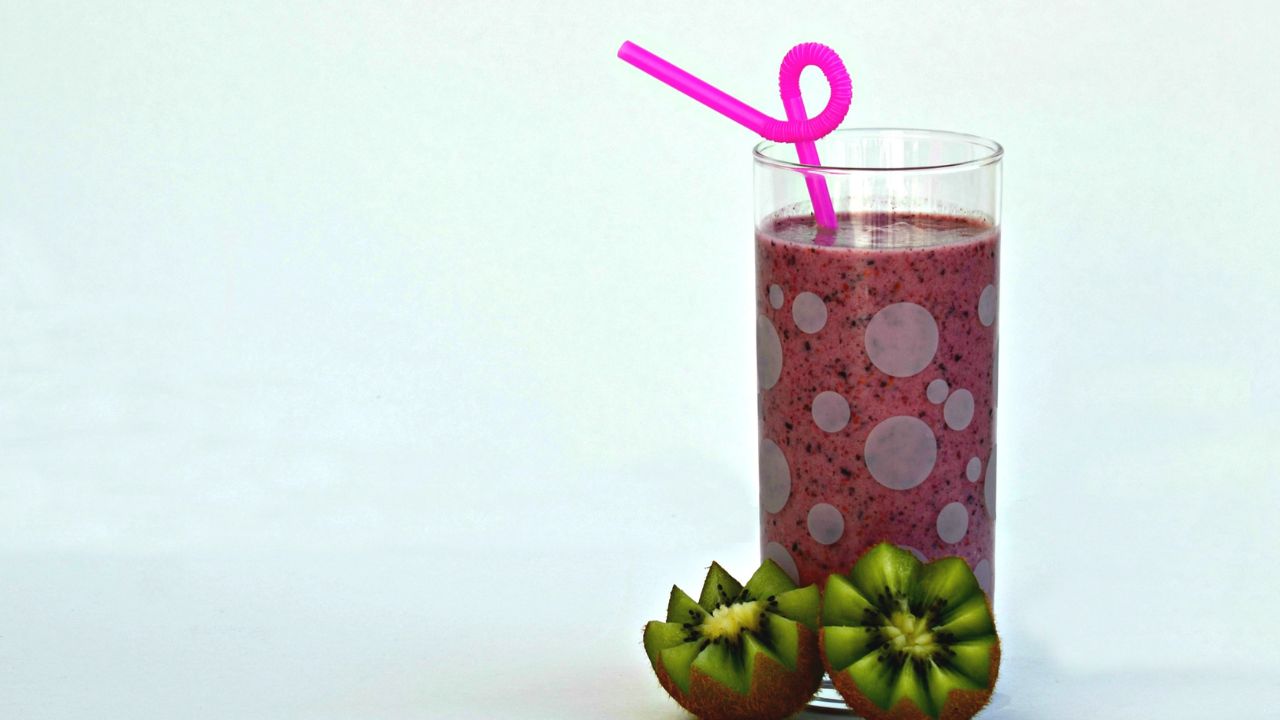
However, it is important to note that the optimal recovery duration and safety guidelines may vary depending on the individual and the specific condition being treated. Research suggests that a duration of 15 to 20 minutes of heat therapy can provide sufficient benefits without causing harm.
It is also essential to consider factors such as the temperature of the heat source, the distance from the body, and any pre-existing medical conditions that may affect heat tolerance.
Massage
Massage is a therapeutic technique that has been practiced for centuries to promote relaxation, relieve muscle tension, and improve overall well-being. It offers a wide range of benefits, including reducing stress, improving circulation, and enhancing flexibility.
Whether you choose to perform self-massage techniques at home or seek professional massage options, incorporating massage into your routine can be a valuable addition to your natural therapy regimen.
Benefits of Massage
Regularly incorporating massage into your wellness routine can provide numerous benefits:
Improved circulation: Massage therapy has been shown to increase blood flow, which can help deliver oxygen and nutrients to the muscles, promoting healing and reducing inflammation.
Reduced muscle tension: Massage can help release built-up tension in the muscles, alleviating pain and discomfort.

Enhanced relaxation: The relaxation induced by massage can have a positive impact on mental well-being, reducing stress and promoting a sense of calm.
In addition to these general benefits of massage, specific techniques such as reflexology and cupping can offer additional advantages:
Reflexology: Reflexology targets specific reflex points on the feet and hands to stimulate healing and improve overall health.
Cupping: Cupping uses suction cups to increase blood flow and promote detoxification.
These techniques can be used in conjunction with traditional massage to enhance the therapeutic effects.
Techniques for Self-Massage
Occasionally incorporating different techniques for self-massage can effectively alleviate muscle tension and promote relaxation. Self-massage is a holistic approach that allows individuals to take control of their own physical well-being.
One technique that can be beneficial is deep tissue massage. This technique involves applying firm pressure to the muscles, targeting the deeper layers to release tension and improve circulation.
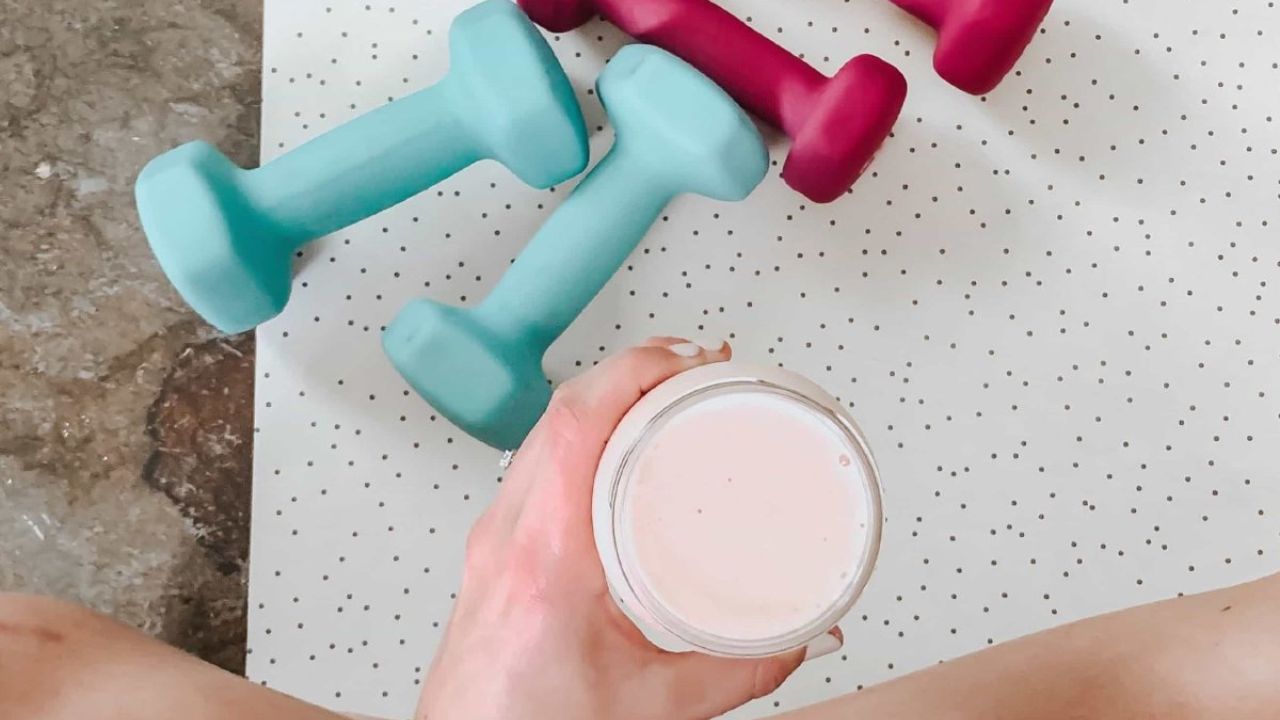
Another technique that can be effective is targeting trigger points. These are specific areas of tightness or knots in the muscles that can cause pain and discomfort. By applying pressure to these trigger points, individuals can release the tension and promote relaxation in the affected areas.
It is important to approach self-massage with knowledge and caution, as improper techniques can potentially cause harm. Consulting with a professional or researching proper techniques can ensure a safe and effective self-massage practice.
Professional Massage Options
When considering professional massage options, individuals should thoroughly research the qualifications and expertise of massage therapists to ensure a safe and effective treatment. Professional massage offers numerous benefits, including relaxation, stress reduction, pain relief, improved circulation, and increased range of motion.
Different massage techniques can be utilized based on individual needs and preferences. Some commonly used techniques include:
- Swedish massage: This technique uses long, flowing strokes to promote relaxation and improve circulation.
- Deep tissue massage: Targeting deep layers of muscles and connective tissue, this technique alleviates chronic pain and muscle tension.
- Sports massage: Focusing on enhancing athletic performance, preventing and treating injuries, and promoting recovery.
- Prenatal massage: Specifically designed to address the unique needs of pregnant women, providing relief from discomfort and promoting overall well-being.
Stretching
Importantly, incorporating dynamic stretching into your pre-workout routine can help improve flexibility and prevent injuries. Dynamic stretching involves moving parts of your body through a full range of motion to warm up your muscles and increase blood flow. This type of stretching is different from static stretching, where you hold a stretch for a prolonged period. Dynamic stretching has been shown to be more effective in enhancing athletic performance and reducing the risk of injury.
Some stretching techniques that can be incorporated into your pre-workout routine include leg swings, arm circles, high knees, and walking lunges. These movements not only help to increase flexibility but also activate the muscles that will be used during your workout, preparing them for the upcoming activity.
The benefits of incorporating dynamic stretching into your routine go beyond just preventing injuries. It can also improve your overall performance by increasing muscle power, enhancing range of motion, and improving coordination and balance. Additionally, dynamic stretching can help to reduce muscle soreness and speed up recovery post-workout.

Acupuncture
Acupuncture, commonly utilized in traditional Chinese medicine, has gained recognition as a potentially effective alternative therapy for various conditions, demonstrating promising results in pain management and overall well-being.
This ancient practice involves the insertion of thin needles into specific points on the body to stimulate energy flow and promote healing.
The benefits of acupuncture are numerous and extend beyond pain relief. They include improved sleep quality, reduced stress and anxiety, increased immune function, and enhanced mental clarity.
Acupuncture techniques can vary, with practitioners using different methods such as electroacupuncture, auricular acupuncture, and moxibustion.
While the exact mechanisms of acupuncture are still being studied, research suggests that it may stimulate the release of endorphins, increase blood circulation, and modulate neurotransmitters.
As a holistic therapy, acupuncture addresses both physical and emotional well-being, making it a valuable option for those seeking a natural approach to healing.
Aromatherapy
Aromatherapy, with its utilization of essential oils for therapeutic purposes, has gained popularity as a complementary practice in promoting relaxation and alleviating stress in individuals seeking natural approaches to enhance their well-being. Essential oils, derived from aromatic plants, are known for their various healing properties. When inhaled or applied topically, these oils can have a profound impact on our physical and mental health.
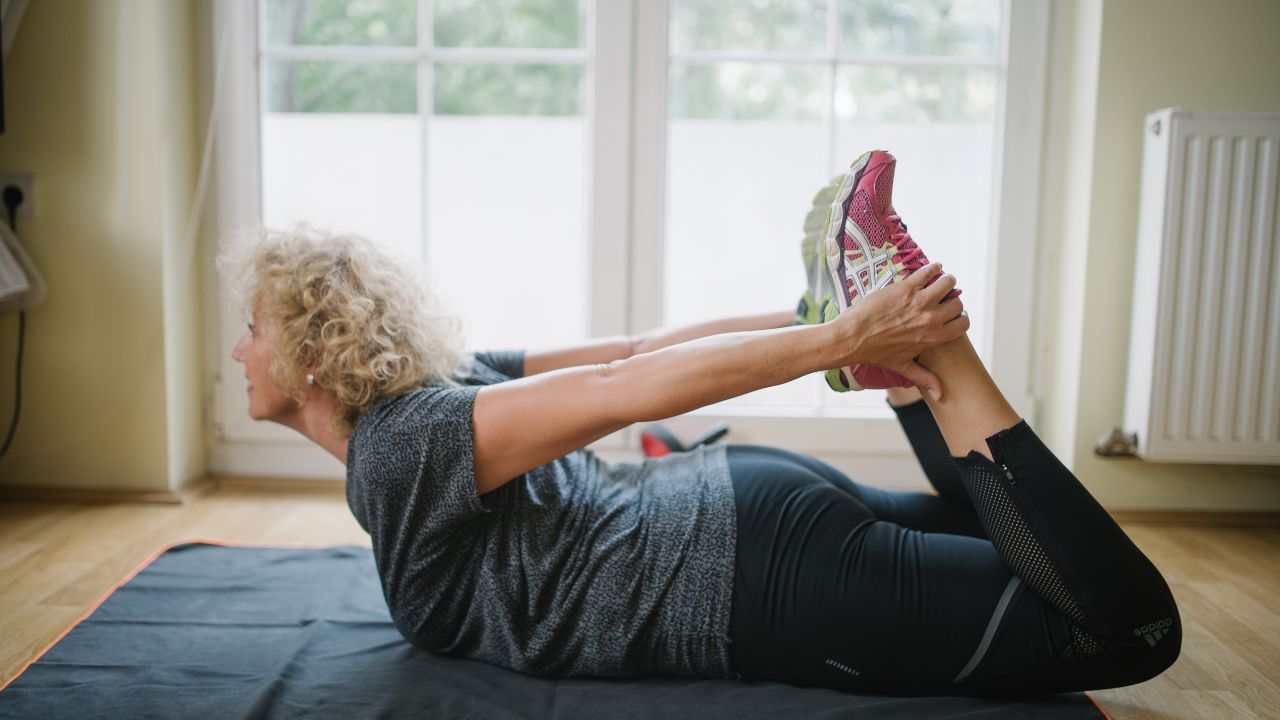
One of the main benefits of aromatherapy is its ability to induce relaxation. Certain essential oils, such as lavender and chamomile, have been found to have calming effects on the nervous system, reducing anxiety and promoting better sleep. Additionally, aromatherapy has been shown to alleviate stress and improve mood by stimulating the release of endorphins, our body's natural feel-good hormones.
Furthermore, aromatherapy can be a powerful tool in managing other health conditions, such as headaches, digestive issues, and muscle pain. Essential oils like peppermint and ginger have analgesic and anti-inflammatory properties, providing relief from discomfort and promoting overall well-being.
Herbal Supplements
Herbal supplements, when taken responsibly and under the guidance of a healthcare professional, can offer potential benefits in supporting overall health and well-being. These natural remedies have been used for centuries to promote healing and improve various health conditions.
Here are three key reasons why herbal supplements are gaining popularity:
Natural healing: Herbal supplements are derived from plants and contain natural compounds that can support the body's healing processes. They can help strengthen the immune system, reduce inflammation, and promote overall wellness.
Holistic approach: Herbal remedies take a holistic approach to health, focusing on the balance of the body, mind, and spirit. They address the root cause of the problem rather than just treating the symptoms.
Freedom of choice: Herbal supplements provide individuals with the freedom to choose alternative options for their health. They offer a natural alternative to conventional medications and allow individuals to take an active role in their own well-being.

Epsom Salt Bath
A soothing Epsom salt bath can provide relief for sore muscles and promote relaxation after intense physical activity. Epsom salt, also known as magnesium sulfate, has been used for centuries for its therapeutic benefits. When dissolved in warm water, the salts release magnesium and sulfate ions, which are absorbed through the skin.
Magnesium plays a crucial role in muscle function and relaxation, while sulfate helps with detoxification. Soaking in an Epsom salt bath can help reduce inflammation, improve blood circulation, and ease muscle cramps. Additionally, this natural remedy can also help alleviate stress and promote a sense of overall well-being.
To enhance the benefits, consider adding a few drops of essential oils like lavender or eucalyptus to the bathwater. So next time you need some post-workout recovery, indulge in a rejuvenating Epsom salt soak.
Rest and Sleep
Rest and sleep are essential components of a holistic approach to recovery after exercise. The importance of rest cannot be overstated as it allows the body to repair and rebuild muscle tissue, replenish energy stores, and regulate hormonal balance.
Additionally, sleep plays a crucial role in promoting optimal recovery, as it enhances the immune system, improves cognitive function, and supports overall physical and mental well-being.
Importance of Rest
Ensuring sufficient time for rejuvenation and recovery is crucial for maintaining optimum physical and mental well-being. Relaxation and downtime play a vital role in allowing the body and mind to recharge, repair, and regain balance. Here are some key reasons why rest and relaxation are essential for overall health:
Improved productivity: Taking breaks and allowing time for relaxation can actually enhance productivity and focus, as it gives the brain a chance to rest and recharge.

Reduced stress levels: Engaging in activities that promote relaxation, such as meditation or hobbies, can help to reduce stress levels and promote a sense of calm and well-being.
Enhanced physical recovery: Rest and downtime are crucial for the body's recovery process, allowing muscles to repair and rebuild after physical activity.
Sleep's Healing Benefits
The healing benefits of sleep can be maximized through proper sleep hygiene and incorporating relaxation techniques into bedtime routines.
Sleep is not just a time of rest, but also a time for the body to repair and rejuvenate itself. It plays a crucial role in maintaining overall health and well-being. Numerous studies have shown that getting enough high-quality sleep can enhance the body's healing properties, improve cognitive function, boost immune system, and regulate emotions.
Sleep quality is influenced by various factors such as the sleep environment, bedtime routine, and relaxation techniques. Creating a sleep-friendly environment, practicing relaxation techniques like deep breathing or meditation, and establishing a consistent bedtime routine can all contribute to better sleep quality and maximize the healing benefits of sleep.
Optimal Recovery Duration
An optimal recovery duration is essential for athletes to maximize their performance and prevent injuries. Recovery is a crucial part of any training regimen, as it allows the body to repair and rejuvenate after intense physical exertion.
To ensure an effective recovery, athletes should incorporate the following techniques and strategies:
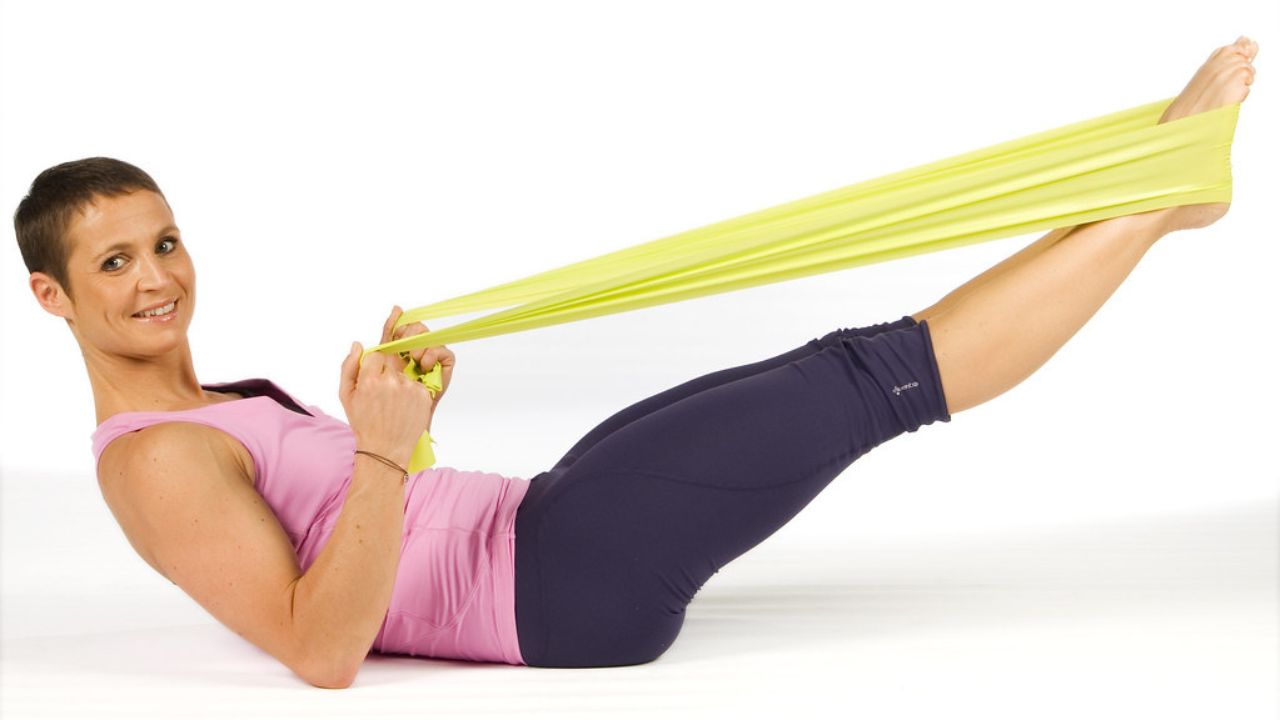
Rest: Allowing the body sufficient time to rest and recuperate is key to optimal recovery. This includes getting enough sleep and taking regular rest days.
Nutrition: Consuming a balanced diet that is rich in nutrients is essential for recovery. Adequate protein intake helps repair and rebuild muscles, while carbohydrates replenish glycogen stores.
Active recovery: Engaging in low-intensity activities such as yoga, stretching, or light cardio can help enhance blood flow, reduce muscle soreness, and promote recovery.
Hydration
Adequately maintaining proper hydration levels is absolutely crucial for optimal performance and recovery during and after intense physical activity. Hydration plays a vital role in regulating body temperature, lubricating joints, transporting nutrients, and removing waste products. When the body is dehydrated, it can lead to decreased athletic performance, muscle cramps, fatigue, and even heat stroke. Therefore, it is essential to prioritize hydration before, during, and after exercise.
To ensure optimal hydration, it is important to choose the best hydrating drinks. Water is the most basic and effective option, as it is readily available and helps to rehydrate the body. However, for longer or more intense workouts, sports drinks that contain electrolytes can be beneficial in replenishing essential minerals lost through sweat. Coconut water is another excellent hydrating option, as it is rich in electrolytes and natural sugars. Additionally, herbal teas and fruit-infused waters can provide hydration while adding flavor and nutrients.
Frequently Asked Questions
Can Natural Therapies Completely Replace Traditional Medical Treatments for Exercise Recovery?
Natural therapies can be effective in promoting exercise recovery, but they should not completely replace traditional medical treatments. While natural remedies offer holistic benefits, pharmaceutical interventions may be necessary for certain conditions or injuries.
Are There Any Potential Side Effects or Risks Associated With Using Natural Therapies for Exercise Recovery?
Potential risks and adverse reactions may be associated with the use of natural therapies for exercise recovery. It is important to consider individual sensitivities and consult with a healthcare professional before incorporating these remedies.

How Long Do the Effects of Natural Therapies Last in Terms of Exercise Recovery?
The effects of natural therapies on exercise recovery can vary depending on the specific therapy used. Some therapies may provide short-term relief, while others may offer long-term benefits. Comparing their effectiveness can help determine their lasting impact.
Natural therapies can be used in conjunction with other forms of treatment, such as medication or physical therapy, to enhance the overall effectiveness of the recovery process. These alternatives provide a holistic approach to healing, promoting freedom of choice for individuals seeking natural remedies.
Are There Any Specific Conditions or Situations Where Natural Therapies for Exercise Recovery Should Be Avoided?
Safety precautions and contraindications should be considered when using natural therapies for exercise recovery. While these remedies can be beneficial, certain conditions or situations may warrant caution or avoidance. It is important to consult with a healthcare professional for personalized advice.
Conclusion
In conclusion, incorporating natural therapies into your post-exercise recovery routine can promote faster healing and enhance overall well-being.
Cold and heat therapy, massage, stretching, and acupuncture have been shown to reduce inflammation and alleviate muscle soreness.
Herbal supplements, Epsom salt baths, and proper hydration can also aid in recovery.
Additionally, rest and sleep are crucial for the body to repair and recharge.
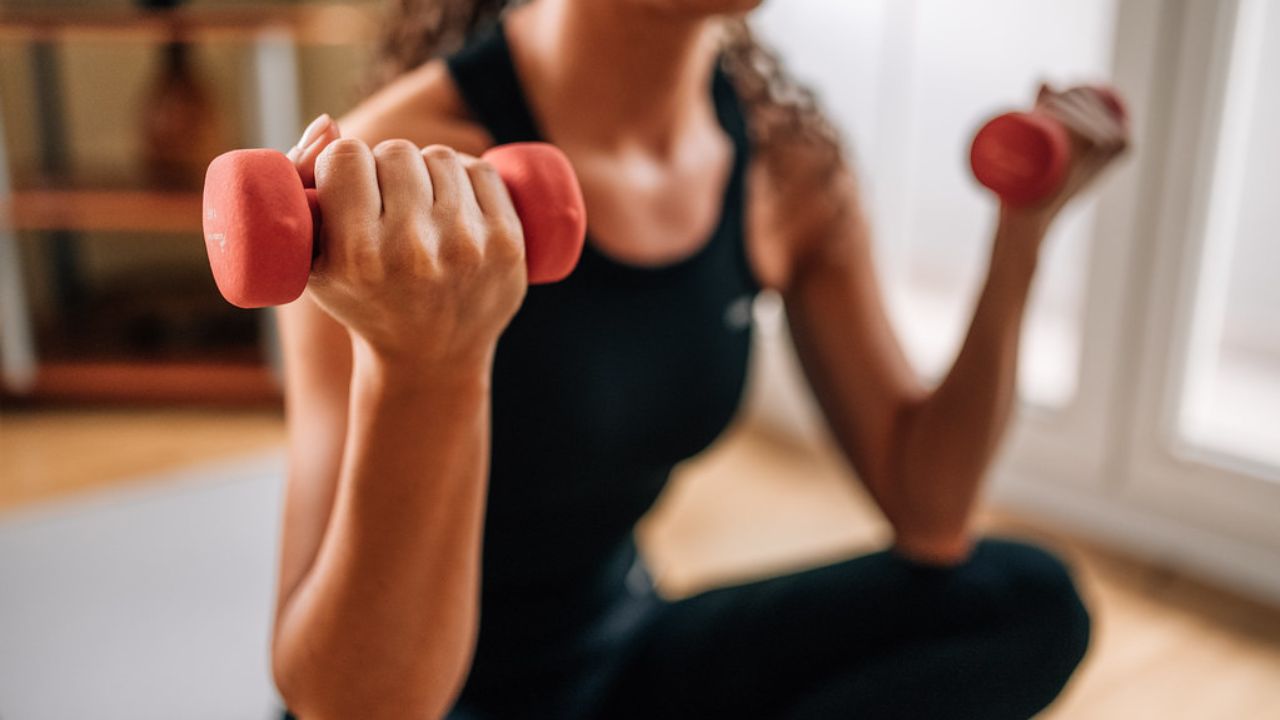
By adopting these evidence-based approaches, you can optimize your recovery and get back to your fitness goals more efficiently.
 Mobility trainingHome Fitness RecoverySports Injury PreventionPersonal Physical TherapyOrthopedic SolutionsPrivacy PolicyTerms And Conditions
Mobility trainingHome Fitness RecoverySports Injury PreventionPersonal Physical TherapyOrthopedic SolutionsPrivacy PolicyTerms And Conditions
